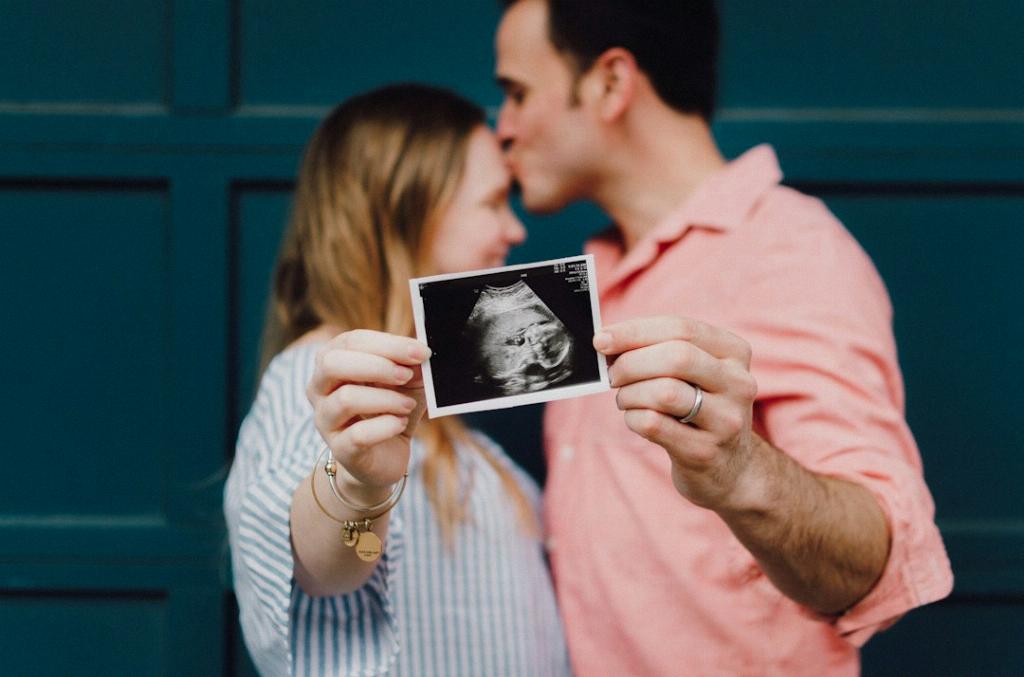When it comes to women with lupus embarking on the journey of pregnancy, there are important factors to consider. Lupus, an autoimmune disease, poses unique challenges for individuals in various aspects of their health. In the context of pregnancy, the question arises: Is lupus considered a high-risk pregnancy?
Factors to Consider
As women with lupus contemplate pregnancy, it is crucial to recognize that while the majority of these women can indeed conceive and have successful pregnancies, the label of a “high-risk pregnancy” follows them throughout this journey. This designation underscores the need for heightened vigilance and specialized care during pregnancy and childbirth.
Challenges and Potential Complications
Women with lupus face a myriad of challenges during pregnancy. The potential complications may include preterm birth, preeclampsia, miscarriage, and fetal growth restrictions. These risks emphasize the need for close monitoring and management to ensure the best possible outcomes for both mother and baby.
Monitoring and Management
Regular prenatal care is essential for women with lupus to navigate the complexities of pregnancy. This often involves frequent check-ups, specialized testing, and collaboration between obstetricians and rheumatologists to tailor a care plan that addresses the specific needs of the individual.
Medication Considerations
Many women with lupus are on medications to manage their condition. However, certain medications may need to be adjusted or discontinued during pregnancy to mitigate potential risks to the developing fetus. Careful evaluation and consultation with healthcare providers are crucial in this regard.
Emotional Well-being
The emotional toll of navigating a high-risk pregnancy with the added complexity of lupus should not be underestimated. Women may experience heightened anxiety, stress, and uncertainty during this time. Building a strong support system and seeking emotional support are vital components of holistic care.
Lifestyle Modifications
Adopting a healthy lifestyle is paramount for women with lupus who are pregnant or planning to become pregnant. This includes maintaining a balanced diet, staying physically active within recommended limits, and prioritizing adequate rest and relaxation to support overall well-being.
Postpartum Considerations
After the delivery of a baby, women with lupus require continued monitoring and support to manage potential postpartum flare-ups or complications. This phase is crucial for ensuring the mother’s health and addressing any lingering issues related to lupus.
Consulting with Healthcare Providers
Open and transparent communication with healthcare providers is foundational in the care of women with lupus during pregnancy. Seeking guidance, asking questions, and actively participating in decision-making processes can empower women to advocate for their health and the health of their baby.
Educational Resources and Support
Accessing credible educational resources and connecting with support groups for women with lupus can be invaluable in offering insights, guidance, and a sense of community. Sharing experiences with others who understand the unique challenges can foster a sense of solidarity and empowerment.
Conclusion
While lupus is considered a high-risk pregnancy, it is important to approach this journey with knowledge, preparedness, and a proactive mindset. With comprehensive care, vigilant monitoring, and a supportive network, women with lupus can navigate pregnancy successfully and welcome their bundle of joy into the world.

